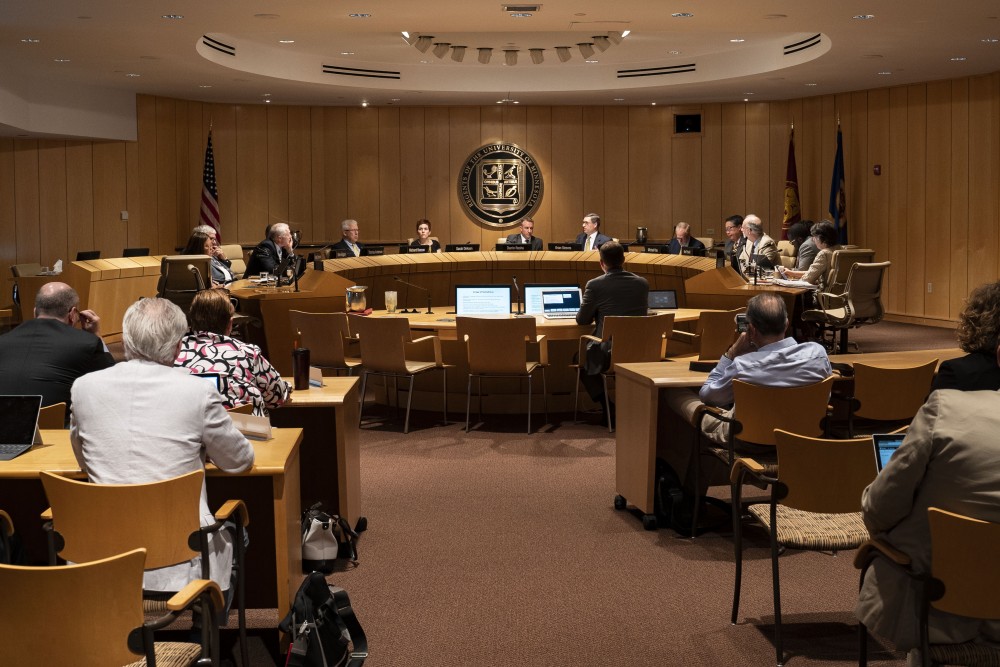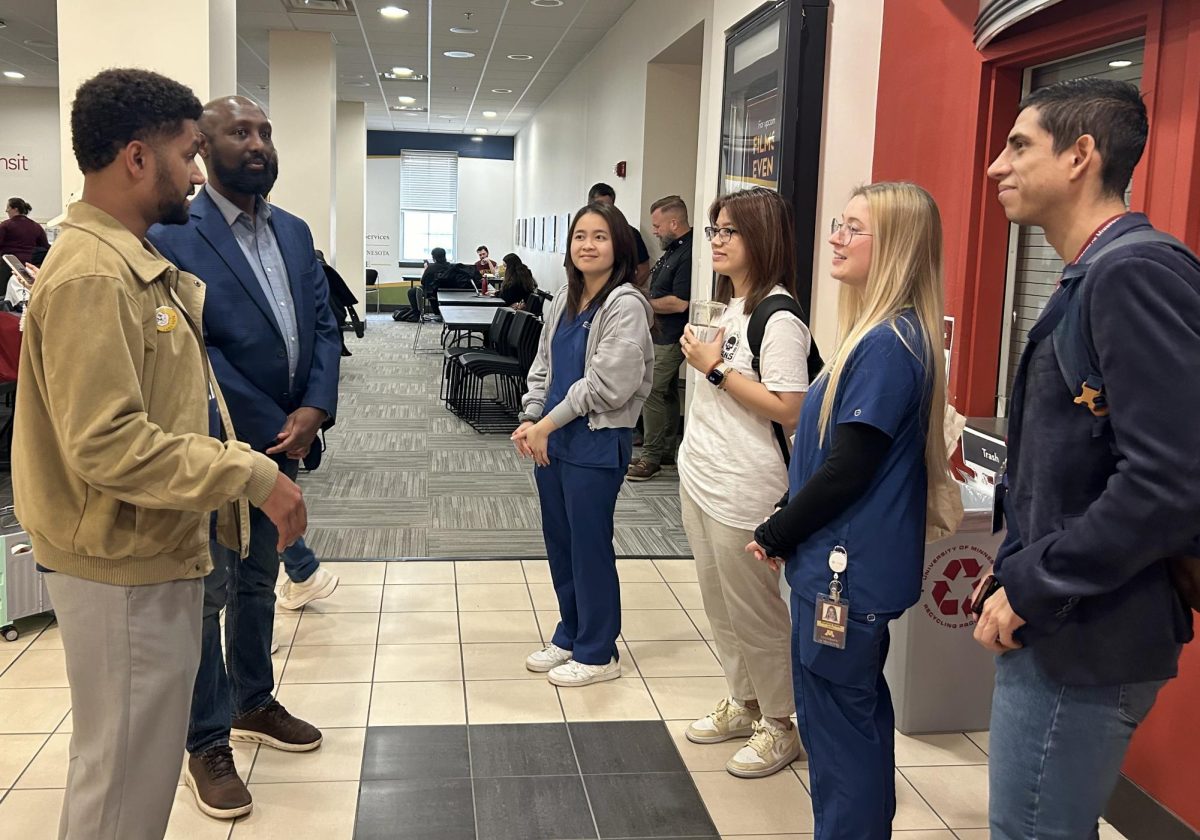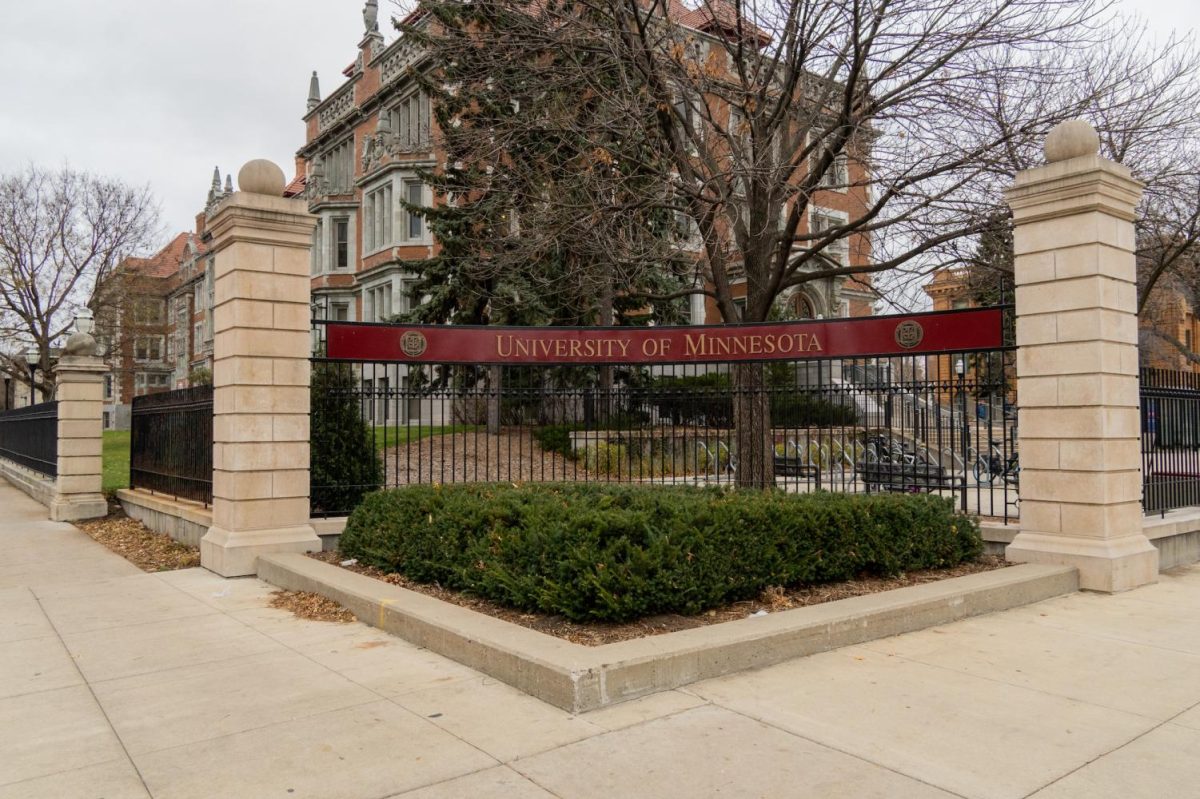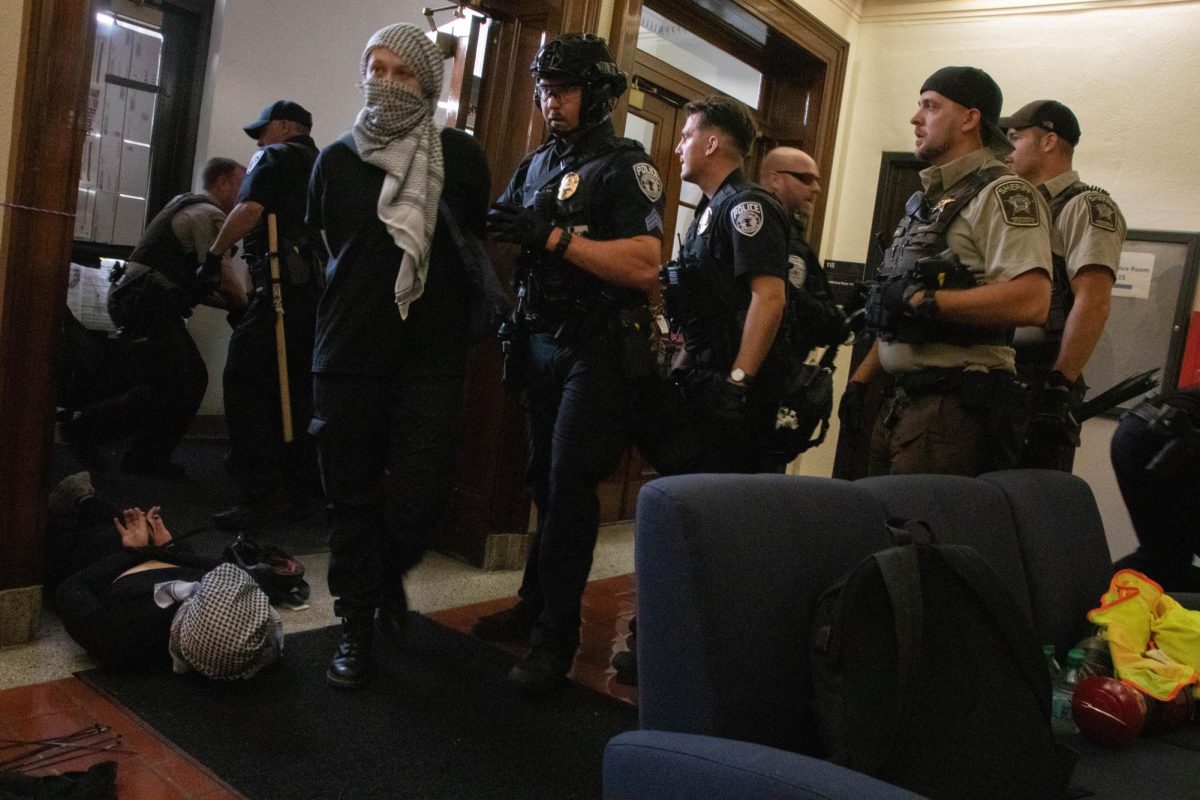Editor’s note: A previous version of this story contained several errors and misrepresented the process of urgent authority approval. The story has since been taken down, updated and corrected.
As the University of Minnesota prepared in August to reopen campuses to students for the first time since the onset of the COVID-19 pandemic, President Joan Gabel needed to take quick action. She advised the Board of Regents to purchase a large quantity of testing kits for an estimated more than $10 million using University funds.
Now, the regents have unanimously voted to revise the policy that helped them respond quickly to the health crisis. This policy lets the board make decisions on situations that may immediately impact the University’s public health, safety or finances. The new process asks that the board chair make an effort, when possible, to gather the full board before approving a president’s request for urgent action.
Gabel bought these testing kits for the University after the board approved her request for urgent approval. The board is the governing body that oversees the University and that Gabel reports to.
In scenarios where public health and safety or the University’s finances may be immediately impacted, the president must request urgent approval authority from the board before taking quick action.
According to Regent Darrin Rosha, who introduced the revision in October 2020, the board did not change the process as a result of presidents misusing the power in the past. Instead, this policy change acknowledges that regents can use technology to meet relatively quickly in virtual meetings, giving them a greater ability to approve decisions as a full board.
“The COVID-19 environment has changed a lot,” Rosha said. “We’re able to conduct board meetings and board business in a much shorter time frame than before. Recognizing that we now can convene a board meeting within matters of minutes, it is consistent with the state constitution and our own rules that the full board would participate in decision making.”
The amendment to the policy dictates that the board chair should attempt to gather the full board in an emergency or special meeting to discuss the subject before approving urgent action by the president.
If calling a special or emergency meeting is impossible, the board chair can approve the request on behalf of other board members.
“We will make every effort to try and constitute the board because we think that’s the best way to proceed, to get all 12 individuals’ input,” Regent Janie Mayeron said. “But nonetheless, there still may be a situation that arises that there just isn’t enough time.”
At board meetings, Mayeron and Rosha both cited hypothetical situations, like having an active shooter on campus or a fire in a University library, as scenarios when the board might use the urgent approval authority.
In addition to the purchase of COVID-19 testing kits in August, Gabel has only requested that the board use urgent approval authority one other time — to declare a public health emergency at the beginning of the pandemic.
Former University president Eric Kaler requested that the board use urgent approval authority several times since 2015. Some of these past uses were related to a sexual harassment investigation into former Gopher athletics director Norwood Teague; the board used the urgent approval authority to hire outside lawyers to investigate the case and establish an oversight committee.
The board altered the specific language within the policy revision several times when it was discussed at the December and February meetings, Mayeron said.
“The policy, to me, does the same thing the previous policy does, but it’s a better model of the same thing,” Mayeron said. “So I think this is a perfect example of people with differing opinions coming together, collaborating, trying to address the varying interests and coming up with a better result.”
Correction: Contrary to what was reported in the initial article, the Board of Regents requires the University of Minnesota president receive board approval before an urgent decision can be implemented. The regents amended the policy to encourage that the full Board of Regents be present before deciding whether to approve the president’s request.



















